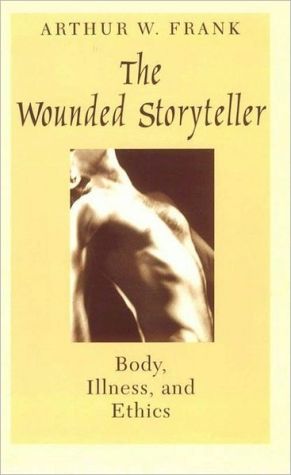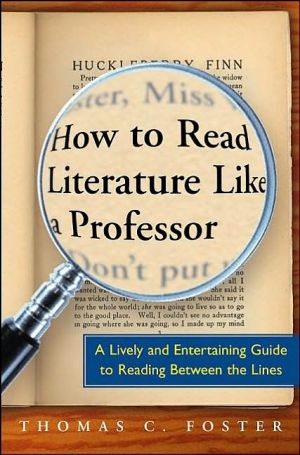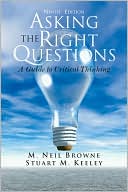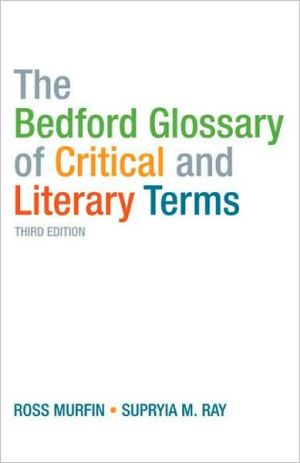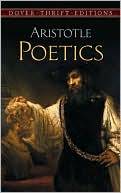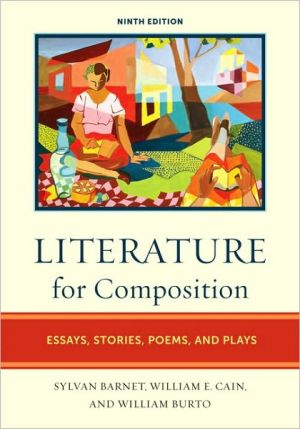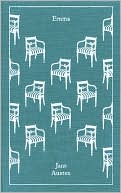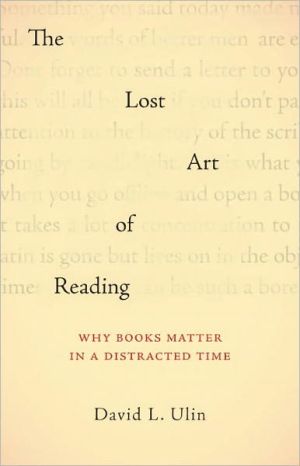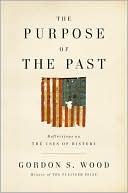Wounded Storyteller: Body, Illness, and Ethics
Ill people are more than victims of disease or patients of medicine; they are wounded storytellers, Frank argues. People tell stories to make sense of their suffering; when they turn their diseases into stories, they find healing. Drawing on the work of authors such as Oliver Sacks, Anatole Broyard, Norman Cousins, and Audre Lorde, as well as on the stories of people he has met during years spent among different illness groups, Frank recounts a stirring collection of illness narratives,...
Search in google:
In At the Will of the Body, Arthur Frank told the story of his own illnesses, heart attack and cancer. That book ended by describing the existence of a "remission society," whose members all live with some form of illness or disability. The Wounded Storyteller is their collective portrait.Ill people are more than victims of disease or patients of medicine; they are wounded storytellers. People tell stories to make sense of their suffering; when they turn their diseases into stories, they find healing.Drawing on the work of authors such as Oliver Sacks, Anatole Broyard, Norman Cousins, and Audre Lorde, as well as from people he met during the years he spent among different illness groups, Frank recounts a stirring collection of illness stories, ranging from the well-known—Gilda Radner's battle with ovarian cancer—to the private testimonials of people with cancer, chronic fatigue syndrome, and disabilties. Their stories are more than accounts of personal suffering: they abound with moral choices and point to a social ethic. Frank identifies three basic narratives of illness in restitution, chaos, and quest. Restitution narratives anticipate getting well again and give prominence to the technology of cure. In chaos narratives, illness seems to stretch on forever, with no respite or redeeming insights. Quest narratives are about finding that insight as illness is transformed into a means for the ill person to become someone new.Library JournalAt the conclusion of At the Will of the Body (LJ 3/15/91), Frank (sociology, Univ. of Calgary) wrote that "remission society is new." Members of this group are those who, like himself, all live with severe illness or disability and know firsthand "the value of the everyday." In his latest work, Frank expands his narrative from the particular to the universal, from the heart-wrenching story of illness to a sociological theory of illness and ethics. By analyzing the works of authors such as Anatole Broyard, Norman Cousins, Audre Lorde, and Oliver Sacks, as well as the narratives of countless chronically ill, Frank evolves a theory that sick, or "wounded," people tell their stories to make sense of their suffering and to find healing...thus becoming a "moral witness" in society. Frank's structured theorizing may become a landmark in academic sick-role research studies and medical studies. For academic medical collections.-James Swanton, Albert Einstein Coll. of Medicine, New York
PrefaceAcknowledgments1When Bodies Need Voices12The Body's Problem with Illness273Illness as a Call for Stories534The Restitution Narrative755The Chaos Narrative976The Quest Narrative1157Testimony1378The Wound as Half Opening169Notes187Index209
\ Library JournalAt the conclusion of At the Will of the Body (LJ 3/15/91), Frank (sociology, Univ. of Calgary) wrote that "remission society is new." Members of this group are those who, like himself, all live with severe illness or disability and know firsthand "the value of the everyday." In his latest work, Frank expands his narrative from the particular to the universal, from the heart-wrenching story of illness to a sociological theory of illness and ethics. By analyzing the works of authors such as Anatole Broyard, Norman Cousins, Audre Lorde, and Oliver Sacks, as well as the narratives of countless chronically ill, Frank evolves a theory that sick, or "wounded," people tell their stories to make sense of their suffering and to find healing...thus becoming a "moral witness" in society. Frank's structured theorizing may become a landmark in academic sick-role research studies and medical studies. For academic medical collections.-James Swanton, Albert Einstein Coll. of Medicine, New York\ \ \ \ \ BooknewsFrank (sociology, U. of Calgary) follows the story of his own battles with heart disease and cancer, as told in At the Will of the Body, with insights on people with life-threatening illnesses and the common themes in their personal narratives. For general readers. Annotation c. Book News, Inc., Portland, OR (booknews.com)\ \
